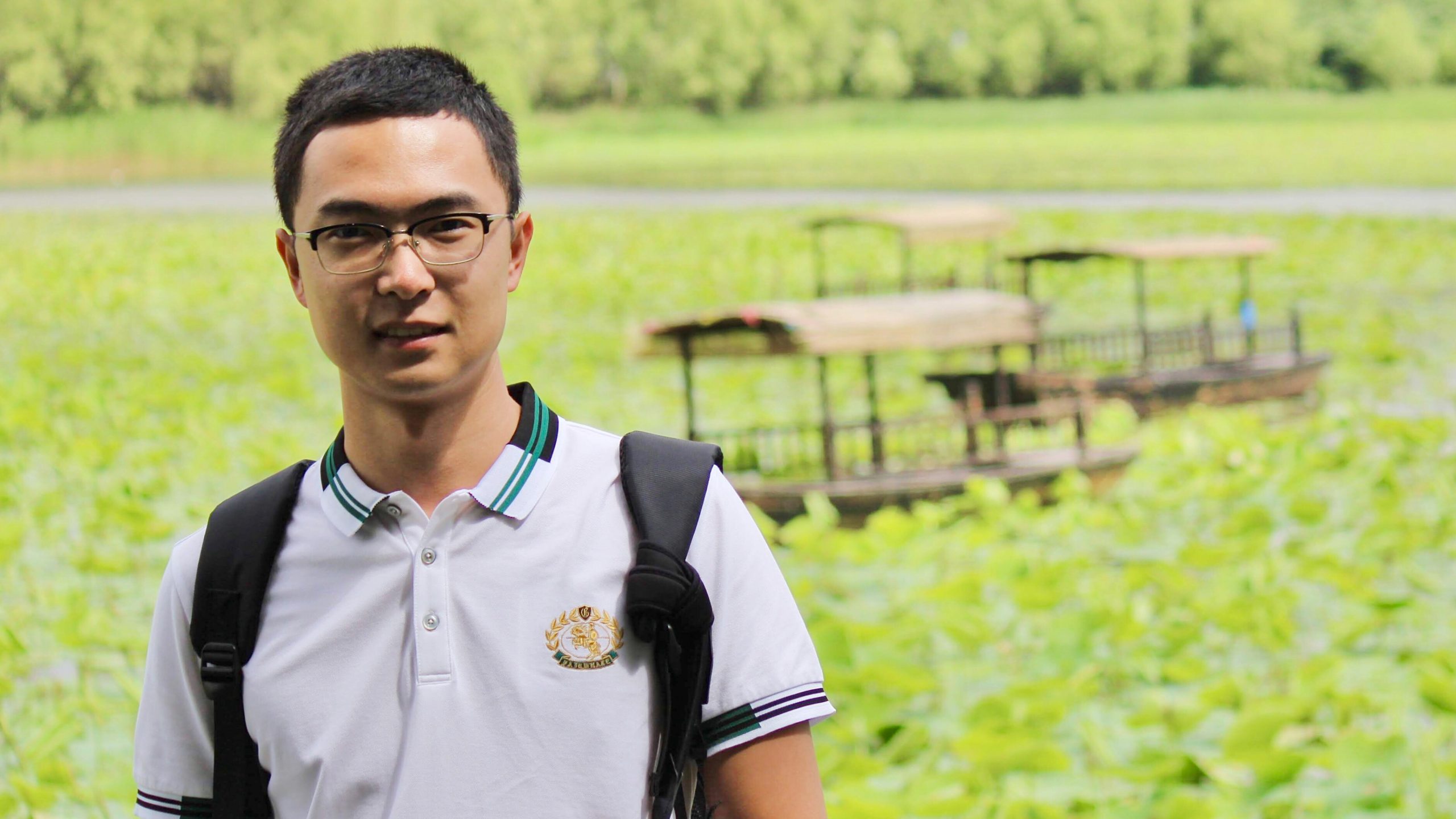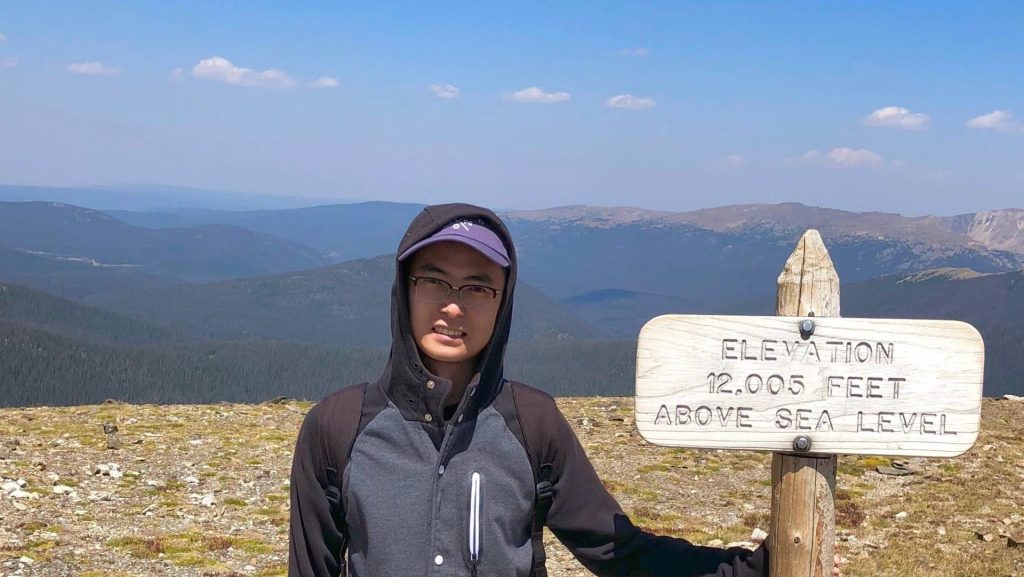Researcher Spotlight – Jin Bai

2020-21 Global Change Fellow
PhD Student, Department of Forestry and Environmental Resources
Advisor: Dr. Madhusudan Katti
Every year the Southeast Climate Adaptation Science Center funds a multi-disciplinary cohort of Global Change Fellows representing colleges across NC State University. Here are some highlights about 2020-21 Fellow, Jin Bai, and the applied research he’s conducting.
About You
What do you study?
My research interest is how socioeconomic factors (such as gentrification) influence the functional and structural connectivity of urban habitats for the avian population. I plan to use citizen science projects in Raleigh to measure avian biodiversity and quantify Eastern Bluebird population connectivity across wealthy and marginalized neighborhoods.
What do you think is the most pressing issue related to global change?
I think urbanization is the most pressing issue. As urbanization continues to expand globally, a new paradigm of thinking should be promoted, which is the recognition and appreciation of the natural system in urban areas. Nature should not only be somewhere to visit but should be available to everyone where people live. There should be integrative urban planning that focuses on urban green space, green infrastructure, and environmental justice.
About Your Research

Who will benefit from your research?
My research plan involves citizen science projects that would engage with marginalized communities. People from marginalized communities rarely have opportunities to participate in science, so this research project could promote diverse participants from various socioeconomic backgrounds to be involved in a nature-related science project. The results of my research project will also contribute to more understanding of the ecological consequences of gentrification (racial segregation) and how organisms in the urban ecosystem respond to socioeconomic-driven environmental change.
How would you describe your research to a 10th grader?
I would probably say “there is high biodiversity in urban areas including your own backyard and it is important to conserve urban biodiversity. However, not all neighborhoods have the same level of biodiversity and ecological functions. What I am studying is to understand whether biodiversity and ecological functions would differ among different neighborhoods that have various socioeconomic backgrounds. I also hope you can participate in my citizen-science project to contribute to the science of urban ecology!”
About Your Global Change Fellow Experience
What has been the most rewarding part of being a SE CASC Global Change Fellow?
I think the most rewarding part of being a Global Change Fellow is the resources SE CASC provided to us. At the beginning of the program, we have a week-long Climate Adaptation Resilience Immersion training. Throughout the fall and spring semesters, we also have invited speakers for seminars. There were past fellows who talked about their experiences and experts who brought their knowledge and expertise across various fields (climate models, wildlife conservation, coastal resilience, Tribal engagement, science communication, etc.). These diverse fields and interactive training and seminars are valuable resources to me as a Global Change Fellow.
What advice would you give to an incoming Global Change Fellow to get the most out of their experience?
I would say you should be prepared to learn diverse topics from the Field Intensive Meeting and semester seminars. Don’t be afraid to ask questions from the speakers and always have a goal in mind about what you want to get out of it (e.g. improve a certain type of skill). You should also be prepared to learn how to cooperate with other fellows when organizing a seminar and always ask previous fellows questions if you have any.
